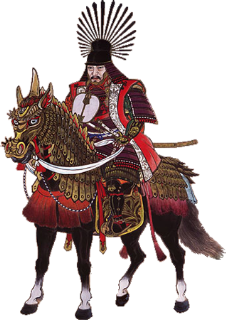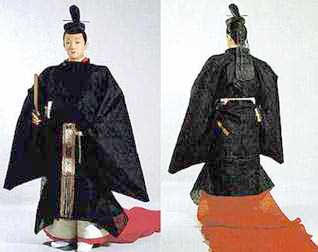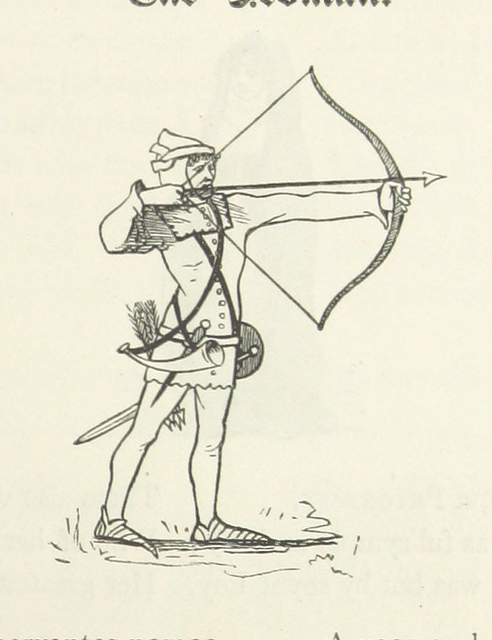All great movements have a beginning which fulfills a need. Peasants, being given no armor or weapons when they were sent into battle, had to copy the “attack and defend” techniques of birds, insects, and animals. This became the beginning of Karate. In Part 2 of her Commentary on the Hagakure, Ming Zhen Shakya discusses how shifts in imperial power forced noble sons into the hinterlands where they became “servants” (samurai) of brutish warlords. They shed the foppishness of fashion and brought the ethos of unflinching loyalty to one’s lord, and this, mingled with the mastery of horse and weapon and the disciplines of Buddhist Meditation and weaponless fighting, became the root which had yet to send its stem up into the political world. This root would gather such strength that when it did break ground, it would define a civilization.











